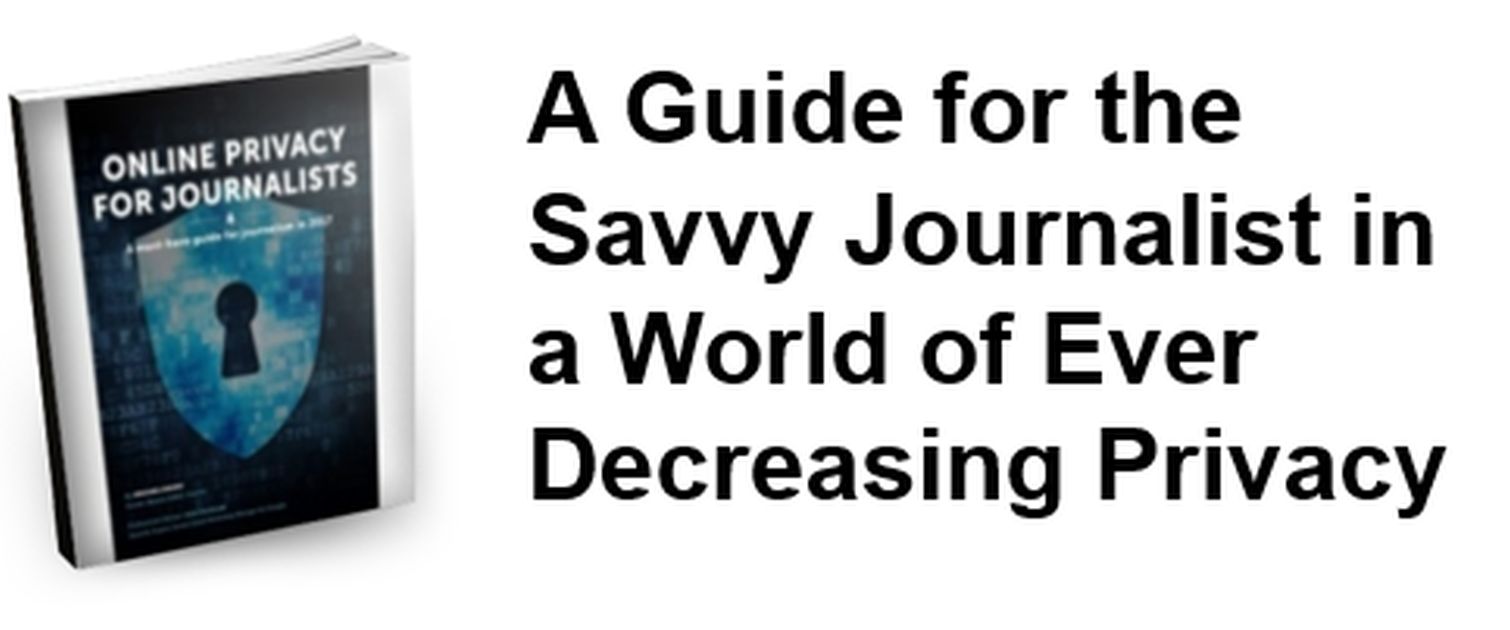
Police say that the singer, who struggled with substance abuse, is suspected to have killed himself in a private residence in Los Angeles County
Police have confirmed that Chester Bennington, the lead singer of band Linkin Park, has died.
His death at his private residence in Palos Verdes Estates in Los Angeles County at approximately 9am Thursday morning was confirmed by the coroner and is being treated as a suspected suicide.
Bennington, who was 41 years old, joined the group in 1999 and became a household name the year after with the release of the band’s debut album Hybrid Theory, which was nominated for a Grammy award for best rock album. Their second album, Meteora, has sold over 27m units and the band collaborated with Jay-Z for 2004 EP Collision Course.
Bennington also fronted the Stone Temple Pilots from 2013 to 2015 and made small appearances in the films Crank and Saw 3D. When his close friend and fellow musician Chris Cornell, lead singer of the bands Soundgarden and Audioslave, killed himself this past May, Bennington honored him on Twitter and performed at his funeral.
“You have inspired me in many ways you could never have known,” Bennington wrote. “Your talent was pure and unrivaled. Your voice was joy and pain, anger and forgiveness, love and heartache all wrapped up into one. I pray you find peace in the next life. Thank you for allowing me to be a part of your life.”
In past interviews, Bennington has spoken candidly about his struggles with drugs and alcohol. “It’s not cool to be an alcoholic — it’s not cool to go drink and be a dumbass,” he said to Noisecreep in 2009. “It’s cool to be a part of recovery. This is just who I am, this is what I write about, what I do, and most of my work has been a reflection of what I’ve been going through in one way or another.”
He also shared details of an abusive childhood. In a 2011 interview with the Guardian, he said: “When I was young, getting beaten up and pretty much raped was no fun. No one wants that to happen to you and honestly, I don’t remember when it started ... My God, no wonder I became a drug addict. No wonder I just went completely insane for a little while.”
Bennington is survived by six children, Jaime, Isaiah, Draven, Tyler Lee and twins Lily and Lila, and his wife Talinda Ann Bentley.
His Linkin Park bandmate Mike Shinoda tweeted that he was “shocked and heartbroken” at the news while other tributes have arrived from Rihanna, Nikki Sixx, Stormzy (with whom Bennington recently worked), Ohio governor John Kasich and Chance the Rapper.
Click here to read original post



